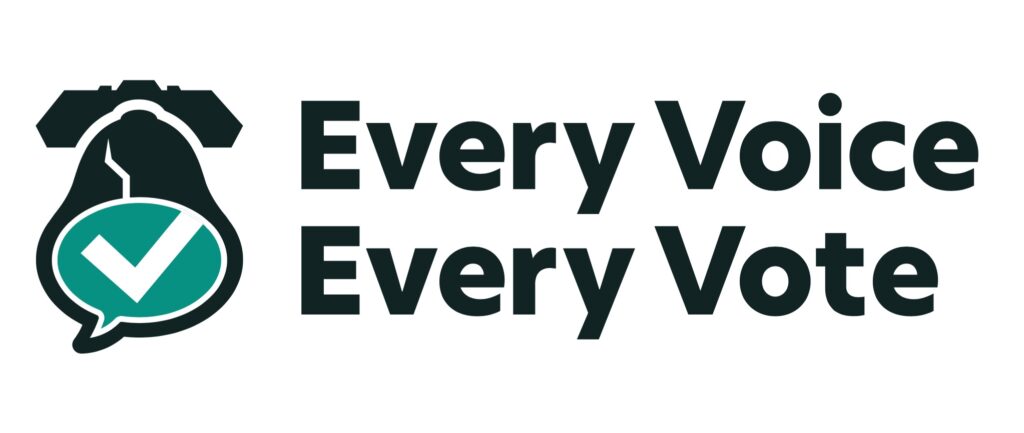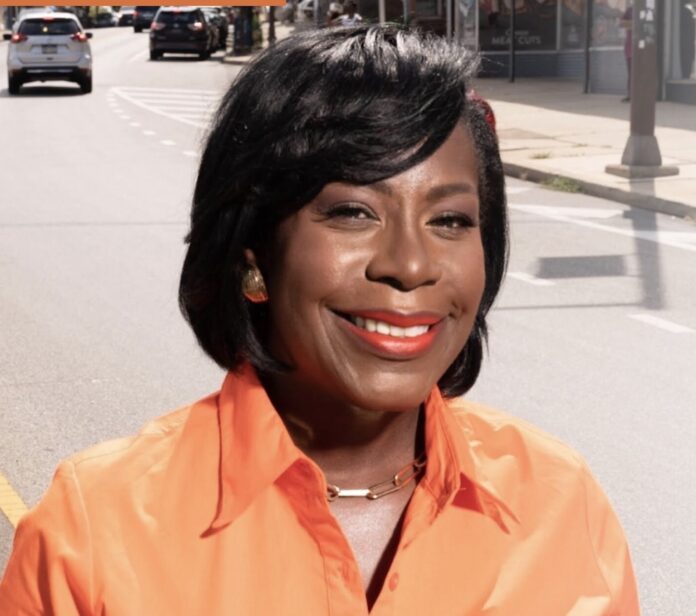After a tight election, Philadelphia may elect a woman mayor for the first time in history. Cherelle Parker beat out seven candidates in the packed Democratic primary and will face off against Republican candidate David Oh, who ran unopposed in his election, on Nov. 7. In Philadelphia, registered Democrats vastly outnumber Republican voters, meaning Parker is projected to win the general election.
Parker was not available for comment due to receiving care at the University of Pennsylvania for an emergency dental issue Tuesday evening, according to a statement from her campaign spokesperson. However, she issued a statement on Twitter following her victory.
“I’m so incredibly honored to have earned the Democratic nomination tonight,” she wrote. “It’s been a long road, and to see the tireless work of my campaign team, supporters, and family pay off is humbling. I’m looking forward to November and bringing our city together as its 100th mayor.”
As of press time, Parker was leading the race with nearly 70,000 votes, with Rebecca Rhynhart and Helen Gym in second and third place, respectively. The Associated Press called the race for Parker late in the evening Tuesday.
Parker has advocated for the LGBTQ+ community since her days as a state representative. During that time, she co-sponsored a civil-union bill and House Bill 177, which aimed to reinstate hate-crime protections for LGBTQ+ people.
Her advocacy continued into her time in City Council. There, she co-sponsored a resolution to oppose Pa. House Bill 972, which would prohibit transgender students from participating in sports that correspond to their gender. She also sponsored a resolution to require an investigation into faith-based foster agencies that prohibited same-sex couples from becoming foster parents.
Additionally, Parker supported several LGBTQ+-inclusive bills. These include Bill 190558, which would enhance protections for trans and non-binary young people in youth-serving organizations; Bill 190559, to provide gender-inclusive bathrooms in City Hall and City-owned buildings; and Bill 190651, which stipulates that the city’s anti-discrimination law include sexual orientation and gender identity.
Parker’s support for the LGBTQ+ community continued throughout her campaign. She attended numerous events hosted by LGBTQ+ organizations, including a candidate meet and greet at the William Way LGBT Community Center, a PGN photo op with other mayoral candidates in support of drag performers, and a televised debate at Mazzoni Center.
At the latter event, Parker spoke on several initiatives on caring for LGBTQ+ residents. This includes collaborating with local hospitals and medical workers to address healthcare inequities in the community. In response to a question about addressing homelessness — including LGBTQ+ homelessness — Parker said she would create 30,000 units of affordable housing “built by young people in our city, attending our schools, trained by the building trades. We will not be building anything to concentrate poor people in one community.”
She also said she would create mayor’s community councils in each district. These groups would include LGBTQ+ residents who would regularly liaise with city government, including fire and police departments.
“We want you interfacing with government on a regular basis,” she said.
Parker echoed similar statements in an interview with PGN in February. When asked about what she would do to address the issues of violence against trans women, specifically trans women of color, she said her administration will have “zero tolerance for discrimination against any community and/or constituency.”
“Trans Black women [and] members of the LGBT community will be a significant part of my administration,” she said. “Imagine living a life where your life is in jeopardy, of being ended simply because of who you are, your identity. I can’t have this conversation with you if I’m not thinking about Mia Green, if I’m not thinking about Michelle ‘Tamika’ Washington, Shantee [Tucker], London [Chanel], [and] Diamond [Jackson-McDonald]. All of these women needed to have someone in city government, in law enforcement, who cared enough about their humanity. That is how we help law enforcement to solve crimes. And if you don’t respect people and their humanity, you can’t address those issues.”

